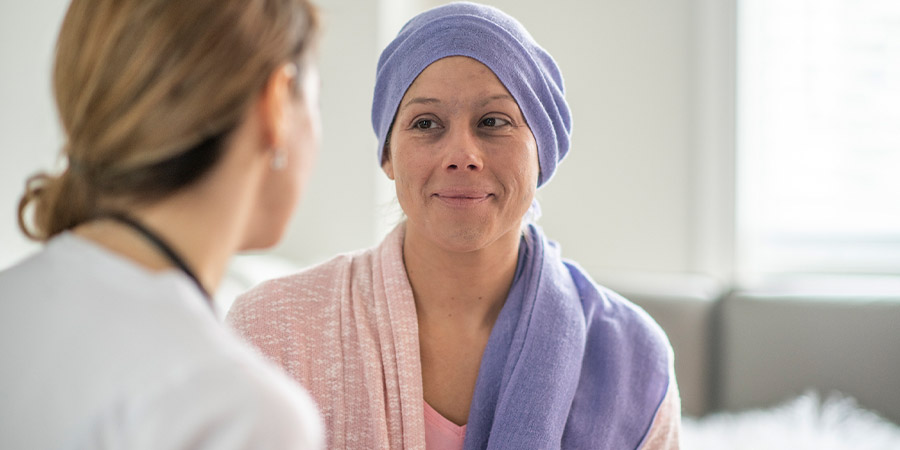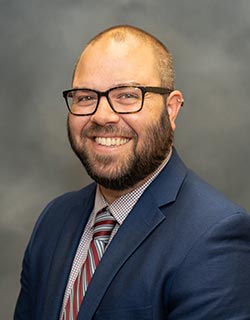The Cost of Cancer
December 17, 2019

Written by Megan Doherty for Jemma Everyday
Cancer can be a scary word that conjures up many emotions. Fear, anxiety, sadness, anger and helplessness are all valid feelings that may follow a patient’s diagnosis. We recently sat down with Brandon Costantino, the Oncology Support Program Manager at GBMC, to discuss how patients can prevent, prepare, and cope with a cancer diagnosis.
Prevention
“It is very important for people to be proactive about their health,” Costantino emphasized when talking about cancer prevention. “Get your screenings, get checked, and maintain regular visits with your doctor. Ignoring a problem is not going to make it go away.”
Prevention starts at home with regular exercise, a balanced diet, and healthy habits. Specifically, not using tobacco products and avoiding risky behaviors, such as drug use, is important in potentially reducing the risk of a cancer diagnosis. Be sure to advocate for yourself if something doesn’t seem right and set up regular screenings with your healthcare providers.
Understanding Your Insurance
Understanding what is included in your insurance coverage is critical when receiving a diagnosis that involves long-term care or expensive treatments. For example, many people often do not understand the differences between co-pays and co-insurance. Both are cost sharing for health services between the insurance companies and the insured. However, while co-pays are a flat fee, co-insurance is a percentage of the cost paid by the insured after their deductible is paid.
“Unfortunately, a lot of unexpected health issues arise as we age,” says Costantino. According to Cancer.gov, the average age for a cancer diagnosis is 66 with 25% of new cancer diagnoses occurring with patients ages 65-75.1 Therefore, it is likely that a large percentage of cancer patients are also dealing with changes to their insurance plans. Understanding how your overall insurance plan works can help set expectations regarding the amount of your medical bills given various scenarios. Talk to your health insurance provider to gain more clarity about your specific situation.
After Diagnosis: Know Your Options
As Costantino points out, “Unless you are hyper-wealthy, you will probably need assistance to pay for cancer treatments.” Fortunately, there are several options available to those who have been diagnosed.
Costantino discussed that one of the more frequent issues with cancer patients is their possible inability to continue working and receiving a regular paycheck. Regular bills, of course, do not stop and, when coupled with medical expenses, the total can seem overwhelming. Start by talking to your benefits expert or human resources department to find out what your disability insurance options are and if your income would be supplemented in the event you are unable to work. “Early in the process, ask who is designated to help you within your treatment facility,” says Costantino. “It’s key to get in contact sooner rather than later.” These experts know how to navigate the system to ensure that proper paperwork is filed with the appropriate companies to help ease the financial burden a cancer patient might find themselves under. He states, “Make sure to ask for help early. We cannot put the fire out after the house burns down.”


